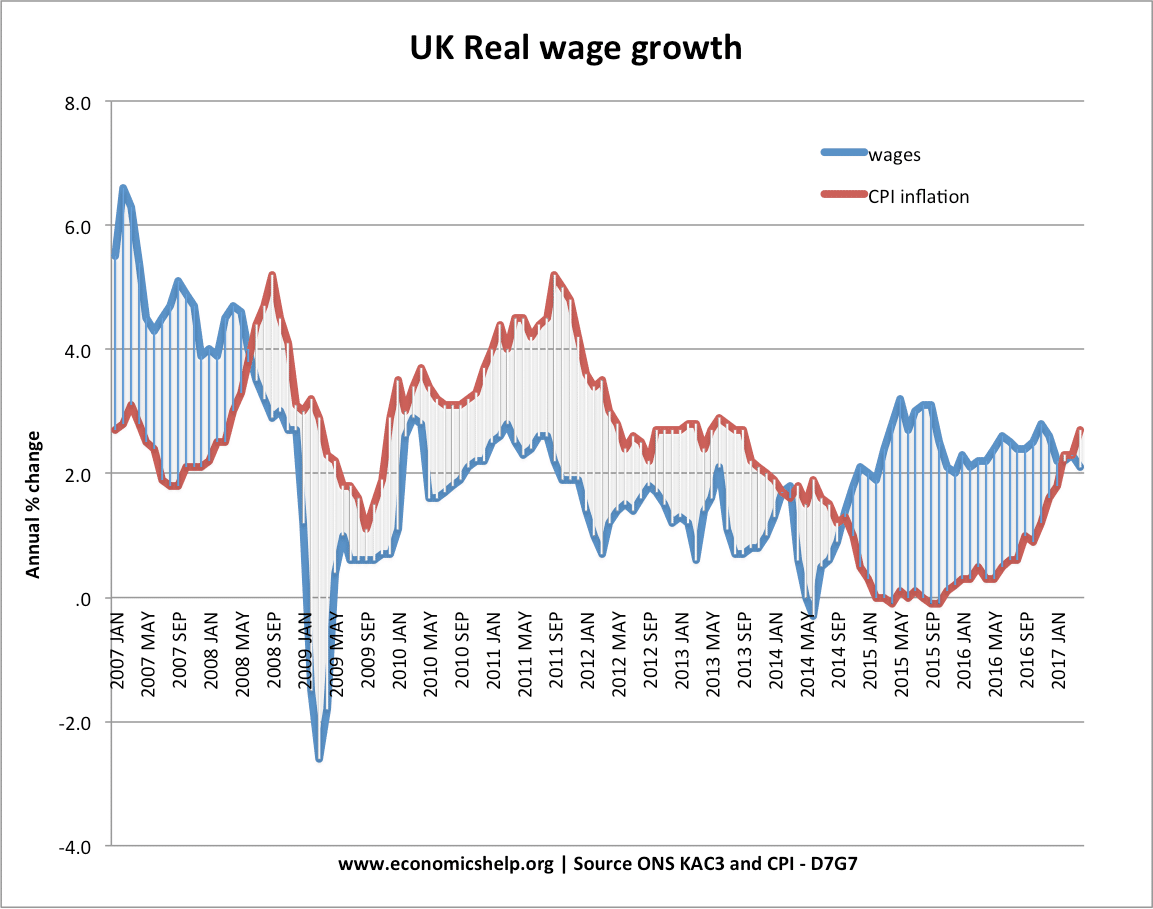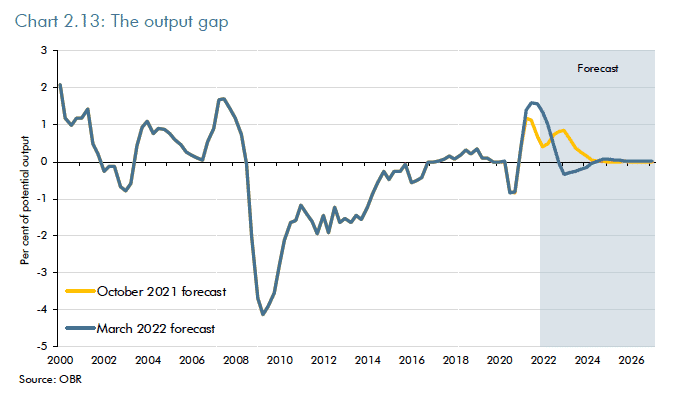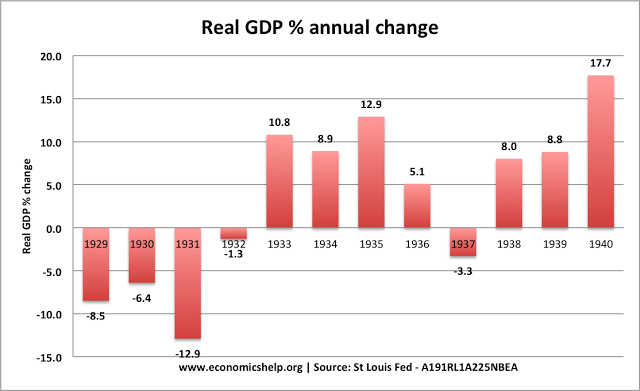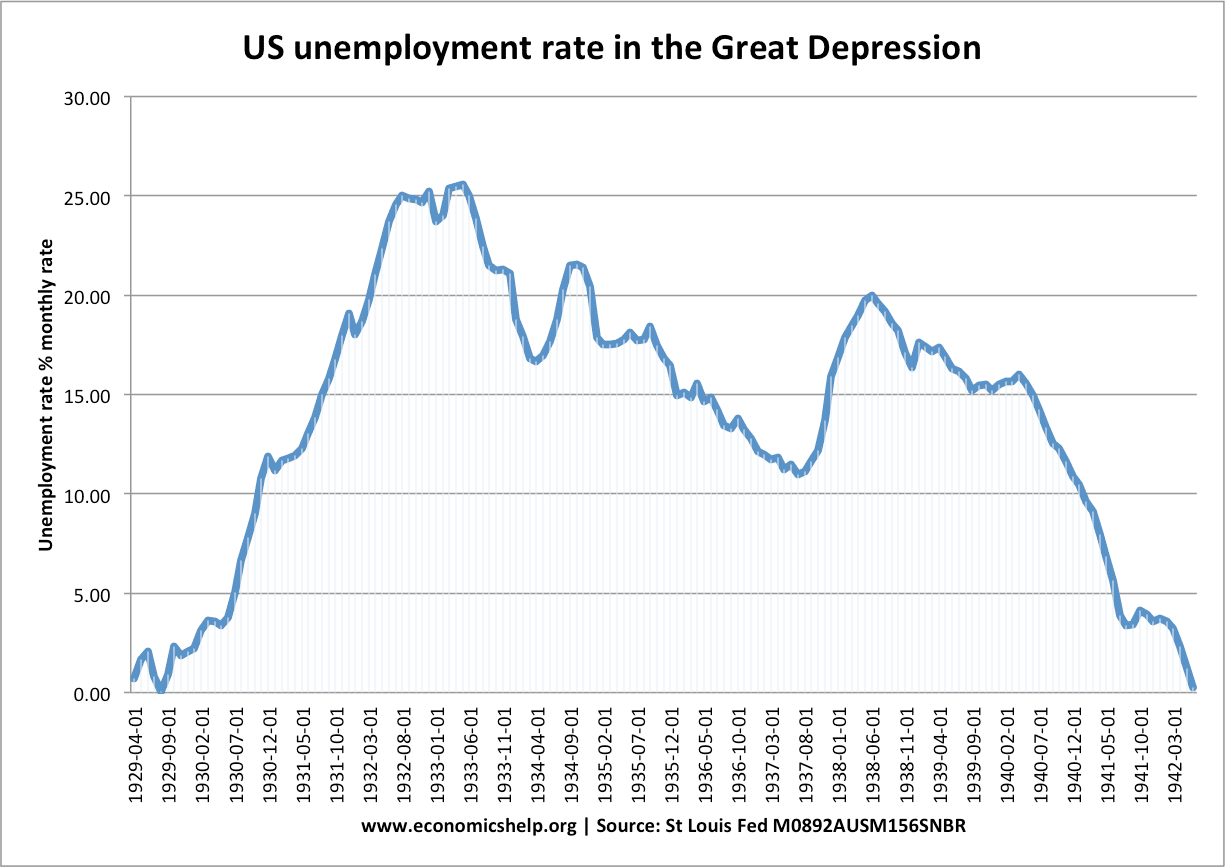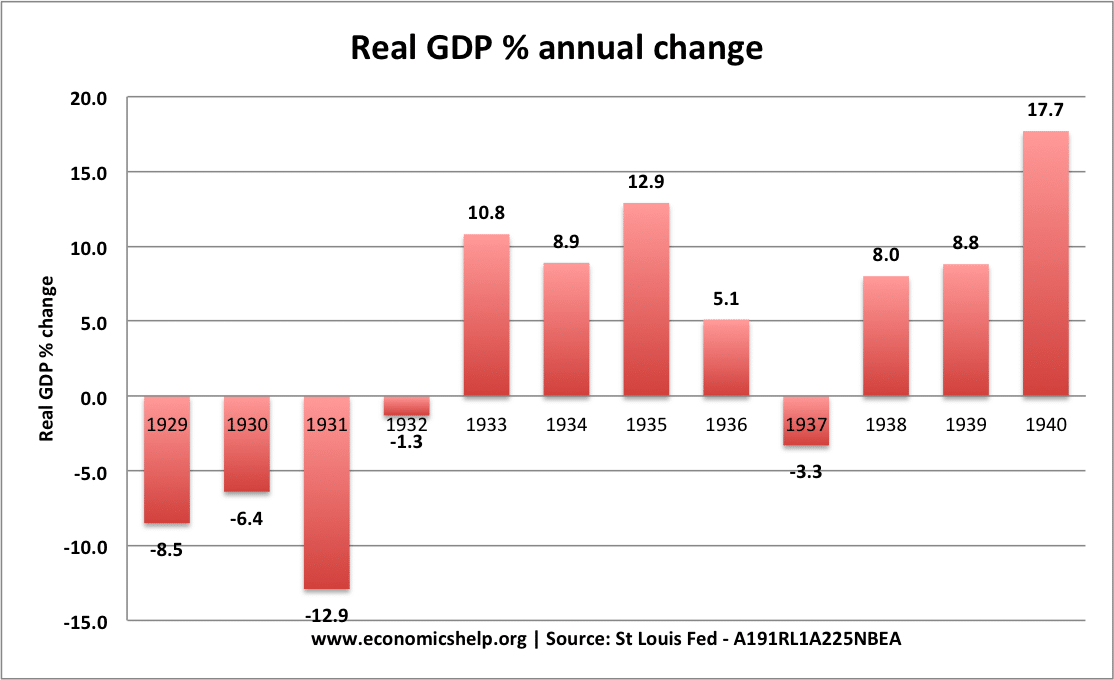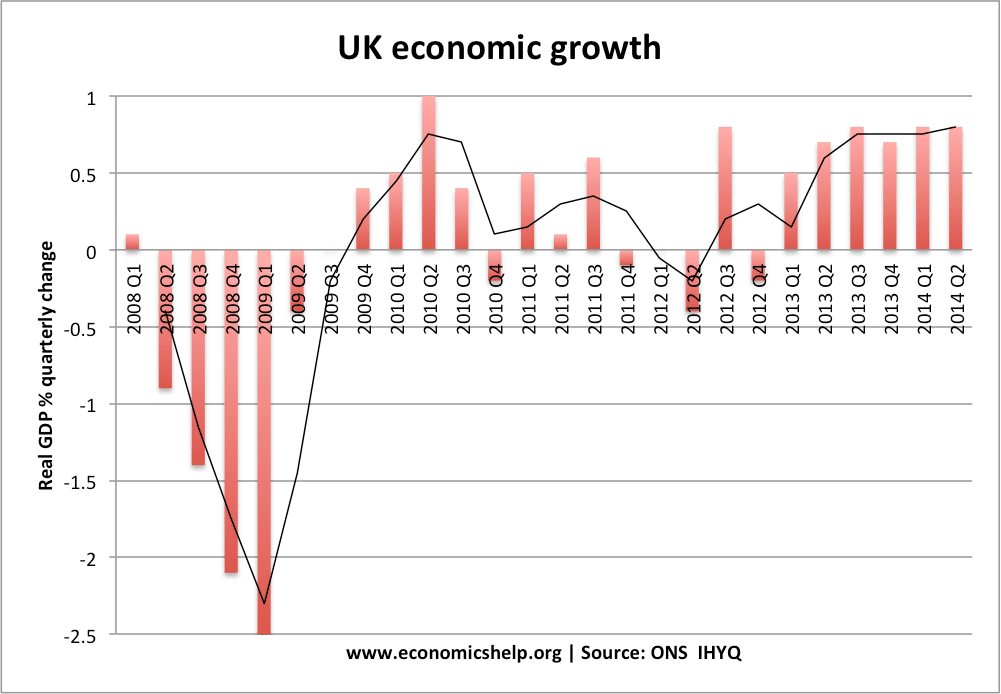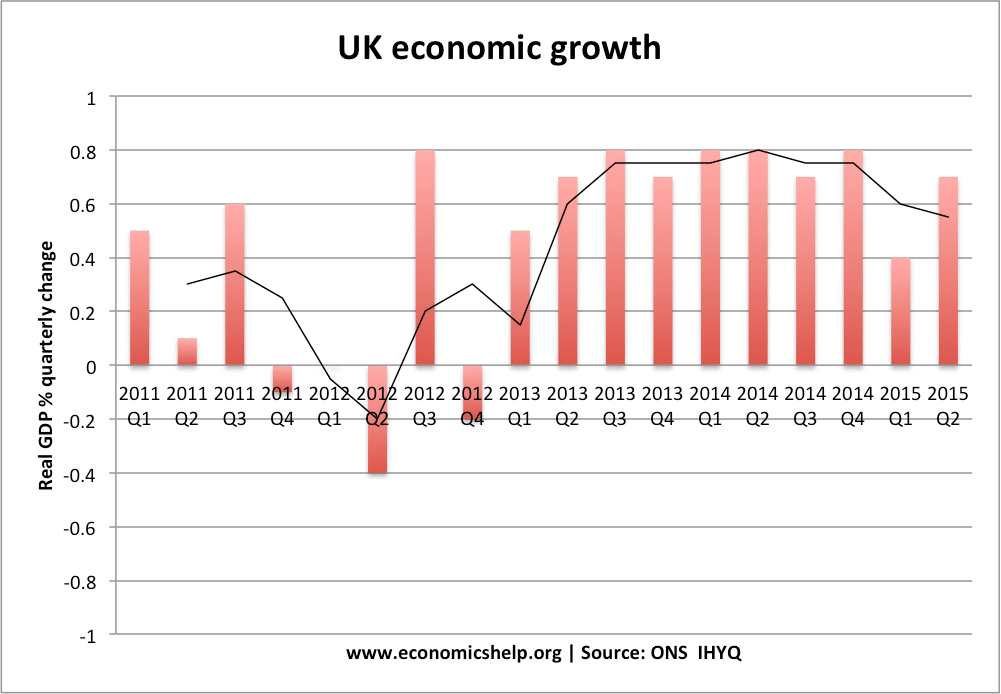UK wage growth
Wage growth is a key factor in determining living standards, aggregate demand and inflation. If wages increase faster than inflation, then households will be able to afford more goods and services. Real wage growth = nominal wage growth – inflation. In the post-war period, apart from short-lived recessions, real wage growth has been positive, growing …

